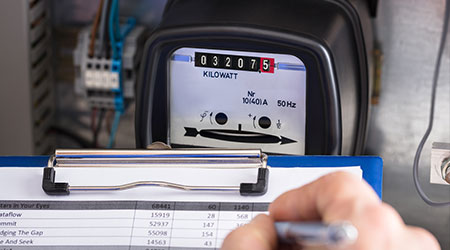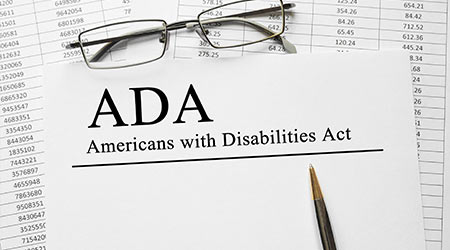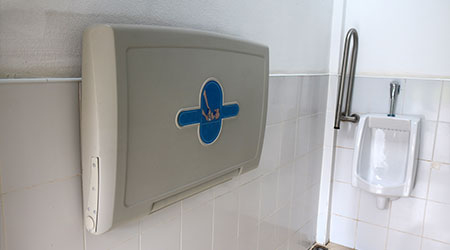
Florida Facilities Could Rapidly Benefit From Batteries
January 25, 2018
Commercial facilities in Florida could achieve attractive internal rates of return on installed energy-storage systems based on their ability to manage peak-demand charges alone, according to a recently published study from the School of Global Policy and Strategy at the University of California San Diego.
The commercial facility types included in the study were a warehouse, a fast-food chain, a small hotel and a hospital. The fast-food chain saw the greatest benefit from energy storage because of its energy use profile, which has high peaks at high demand times. The hospital saw the least benefit because its energy use profile is flatter, so the benefit of peak-demand shaving is less pronounced. However, all facility types saw a positive internal rate of return (IRR). "Based on an installed energy-storage cost of $620 per kilowatt-hour in 2015, the IRRs by 2020 would range from around 10 percent for the hospital to more than 40 percent for the fast-food chain. Even at a higher installed energy-storage cost of $1,200 per kilowatt-hour in 2015, the IRR would be positive today for all the commercial and industrial users except the hospital," according to Greentech Media.
Falling lithium-ion battery prices, proposed legislation supporting solar plus storage as a disaster preparedness strategy, and interest from two of the state's large utilities in front-of-meter energy storage all point to a favorable climate for energy storage in the commercial sector in the state.
This Quick Read was submitted by Naomi Millán, senior editor, Building Operating Management.
Next
Read next on FacilitiesNet












